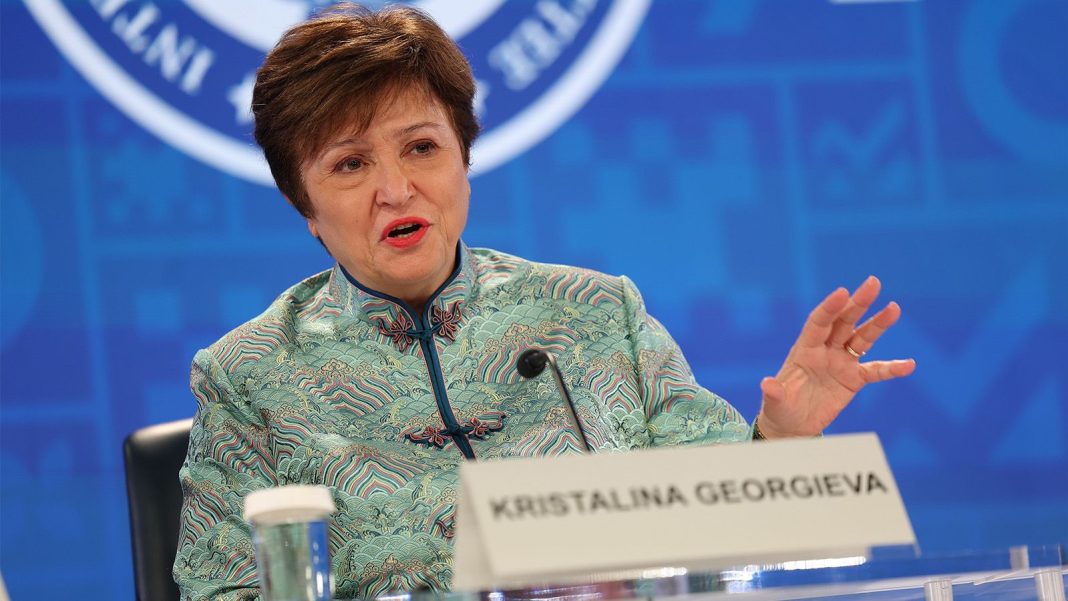WASHINGTON, USA – The World Bank has raised alarm over Nigeria’s rising poverty rate, projecting that more Nigerians will fall into extreme poverty by 2027.
According to the World Bank’s Africa Pulse report, the country’s poverty rate is expected to worsen by 3.6 percentage points within the next five years, deepening the socio-economic challenges facing millions of Nigerians.
Released during the ongoing Spring Meetings of the International Monetary Fund (IMF) and the World Bank in Washington, DC, the report paints a bleak outlook for Nigeria and other resource-rich, fragile nations.
It states that between 2022 and 2027, poverty in countries like Nigeria and the Democratic Republic of Congo is expected to increase significantly due to economic vulnerabilities.
“Poverty in resource-rich, fragile countries—including large economies like Nigeria and the Democratic Republic of Congo— is projected to increase by 3.6 percentage points between 2022 and 2027,” the report noted.
Sub-Saharan Africa, where Nigeria is located, continues to be the global epicenter of extreme poverty.
By 2024, the World Bank forecasts that 80% of the world’s 695 million extremely poor people will live in this region.
The report further reveals that just four countries, including Nigeria, account for half of the 560 million people living in extreme poverty across Sub-Saharan Africa.
In contrast, regions outside Sub-Saharan Africa are experiencing relatively lower levels of extreme poverty.
South Asia accounts for only 8% of the world’s extreme poor, while East Asia and the Pacific contribute just 2%, and Latin America and the Caribbean 3%.
The report attributes Nigeria’s projected poverty increase to the country’s overreliance on oil, unstable fiscal systems, and economic fragility—issues commonly faced by resource-rich African nations.
Countries that are not heavily dependent on oil have been performing better economically, with notable gains in agriculture and commodity exports.
“This follows a well-established pattern whereby resource wealth combined with fragility or conflict is associated with the highest poverty rates—averaging 46% in 2024, which is 13 percentage points higher than in non-fragile, resource-rich countries,” the World Bank concluded.
This warning comes at a critical time for Nigeria, which is grappling with various economic challenges, including inflation, unemployment, and rising poverty levels.
The World Bank’s forecast highlights the urgent need for structural reforms and diversification of the economy to reduce dependency on oil and foster sustainable growth.







